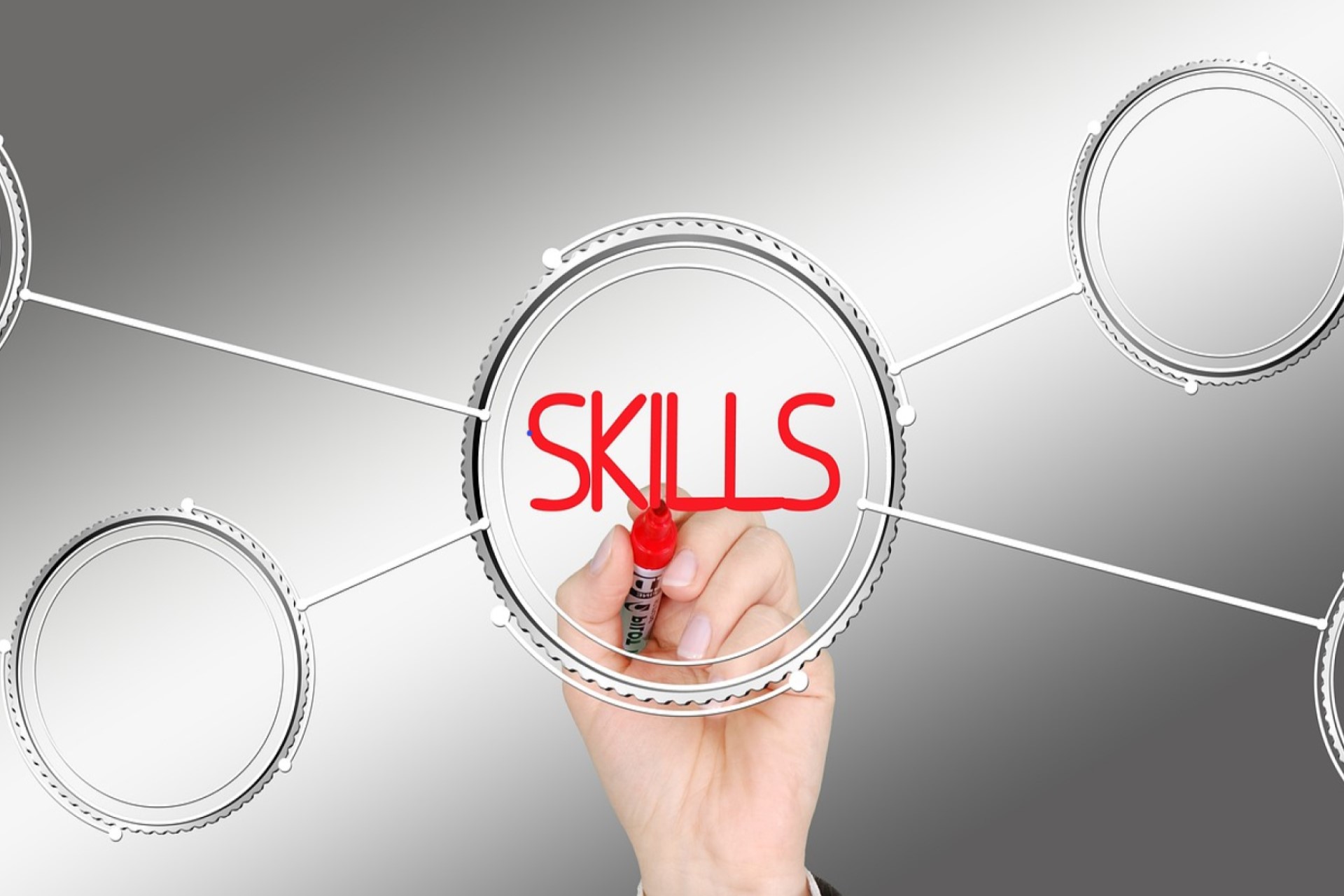Building Real-World Connections Through Community Service
Community service offers more than just a chance to help others; it provides a meaningful way for students to apply what they have learned in the classroom to real-world situations. Whether you’re in middle school or high school, getting involved in your community allows you to see how the subjects you study every day have practical value. The bridge between what you learn in school and how you can use that knowledge outside of class becomes clearer when you engage in service projects. For students looking to grow both academically and personally, community service is an ideal way to bring classroom lessons to life.
Let’s imagine a student with a passion for environmental science. In the classroom, they might learn about ecosystems, pollution, and sustainability. These concepts are important, but it’s hard to fully understand their impact without seeing them in action. Now, if this student volunteers at a local recycling center or participates in a neighborhood clean-up effort, they can directly apply what they’ve studied. As they sort through recyclables or remove trash from natural spaces, they can see firsthand the difference their actions make. This type of hands-on experience not only deepens their understanding of environmental science but also reinforces the importance of what they learn in school.
Another example comes from students who are interested in social studies or government. You might learn about democracy, leadership, and community organization in class, but participating in community service projects, such as organizing a local food drive or volunteering at a town hall event, gives you the opportunity to see these concepts in practice. You might take part in discussions with local leaders, observe how decisions are made, and understand how change can begin at a grassroots level. This real-world engagement with topics like civic responsibility or public policy builds a deeper understanding that no textbook can fully convey.
For students interested in health and science, community service can provide equally valuable experiences. Imagine you’re studying biology or health education and volunteering at a local health clinic, where you help with basic tasks or assist in organizing wellness events. You might not be doing medical work yourself, but simply being in that environment can provide insights into how healthcare is provided in your community. You can see how science-based knowledge is applied to improve people’s well-being. This connection to the real world might inspire a deeper interest in pursuing a career in health or even prompt you to research more about certain medical fields.
If math or finance is your passion, community service offers opportunities for practical application as well. Students who assist in budgeting for a charity event or help maintain financial records for a nonprofit get to see how math and finance function beyond the classroom. These tasks can provide valuable lessons in managing money, making predictions based on financial trends, and understanding economic challenges within a community. For a student, this is an opportunity to realize how math is essential for everything from creating successful fundraisers to running effective organizations.
Even in the arts, community service creates space for real-world application. Let’s say you are learning about graphic design or creative writing. By volunteering to design posters for a local event or write content for a community newsletter, you’re not only improving your artistic skills but also gaining valuable experience in communication and media. You see how the arts can inspire, educate, and mobilize people to act for a good cause. This kind of involvement can show you how artistic expression has a direct impact on the world around you.
No matter what subjects interest you most, community service connects the dots between your schoolwork and the world outside. It provides a platform to use your knowledge in a practical setting, helping you understand not just the “what” but the “why” behind your studies. It’s one thing to learn about a concept in a classroom, but it’s another to experience how that knowledge solves problems or makes a difference in someone’s life.
In the process, you may find that community service helps you discover new interests or strengths. By engaging in different types of projects, you can learn more about what you enjoy, where your talents lie, and how you can contribute to society. It’s a chance to explore career paths, develop new skills, and grow more confident in your abilities. And most importantly, these experiences help you see the value of working with others toward a common goal.
Community service isn’t just about giving back; it’s about growing forward. It allows you to take what you’ve learned in the classroom and see how it matters in the real world. By doing so, you not only help your community but also strengthen your own understanding and appreciation of the knowledge you gain in school.

